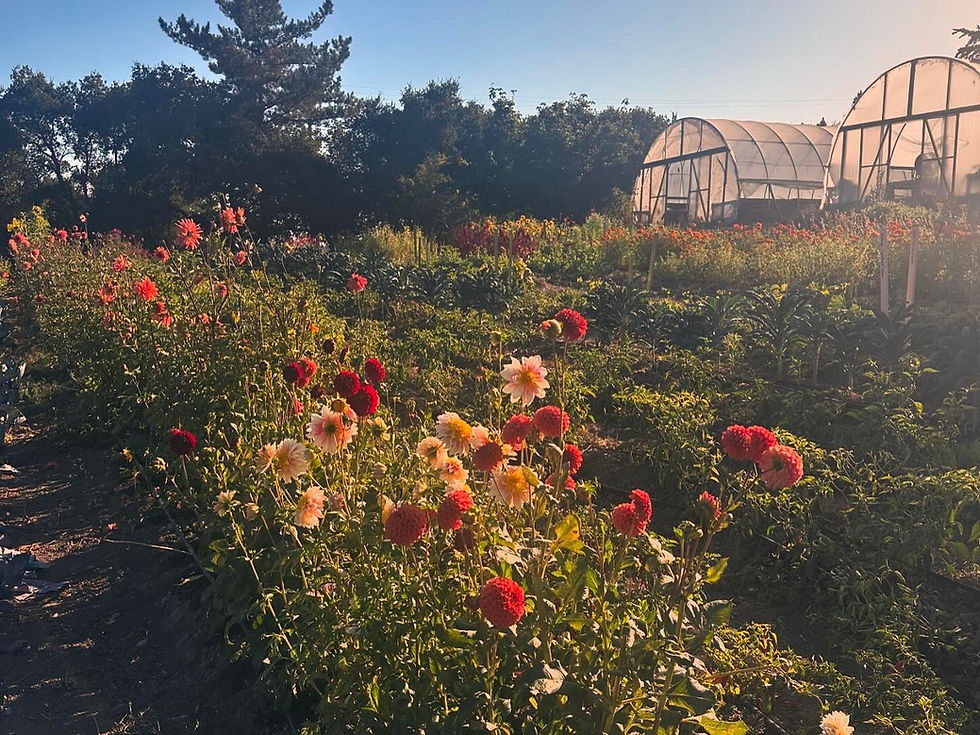
The theme throughout my cookbook, along with my foraging workshops and institute, is exploring how humans can become a keystone species on planet earth. This means we create systems that benefits all life. Like the salmon or the beaver, that improves habitat for other creatures through how they live their lives.
You may wonder how just picking huckleberries, or chanterelles, or seaweed can do something like help us get to zero net carbon or slow climate change or create a world that’s more equitable for everyone. But at Flora & Fungi Adventures, we use delicious wild food to lure you out into nature.
It’s not always safe or easy out there. You have to watch for sweeper waves and poison oak, get lost, wet, and tired. A poisonous mushroom could kill you. That’s the question I get asked the most “Is this edible” often a terrible looking thing with red spores, blue stains and the consistency of liver and I wonder why that’s anyone’s first question.
But deep down, we desire to reconnect with nature. It’s who we are. Our blood has the same mineral content as the ocean. Our skin has the same bacterial content as soil. Our guts function like roots on a plant. We are all fractals of this planet and we need to find our ways back. Being in nature lowers our blood pressure, improves our heart rate, boosts our immune system, reduces cardiovascular disease and makes us happier. Hands in soil not only makes us healthier, but it boosts serotonin and reduces anxiety and makes us calmer and happier.
I’ve recently been reading An Edible History of Humanity by Tom Standage and I’ve been amazed to learn that farming did not provide more food stability than hunter gathering. In fact, hunter-gatherers worked on average 2 days a week, were healthier, lived longer and grew taller than farmers. They had more food resiliency and were far more egalitarian communities. They had few belongings as they were nomadic and had to follow food sources. Studies found that the communities who shared their few belongings amongst themselves were more successful than those who didn’t. Farming made humans far worse off. It gave us more toiling, less food security, poorer health and it brought about economic inequality as we know it.
We can’t go back to everyone foraging and living nomadic lifestyles. But we can head out into nature for our food to learn nature’s systems and adapt them to our lives. That might be design and engineering through biomimicry, or in our food systems using solar agrivoltaics and biochar to grow food with rich, healthy soil that improves our microbiome and immune system. We can invite healthy pollinators and beneficial insects into our crops to avoid toxic synthetic fertilizer and pesticides that run off into our rivers and ocean and create dead zones. Many smart people are working on solutions. But in the meantime, huckleberries, chanterelles and beautiful sunsets for all!
Comments